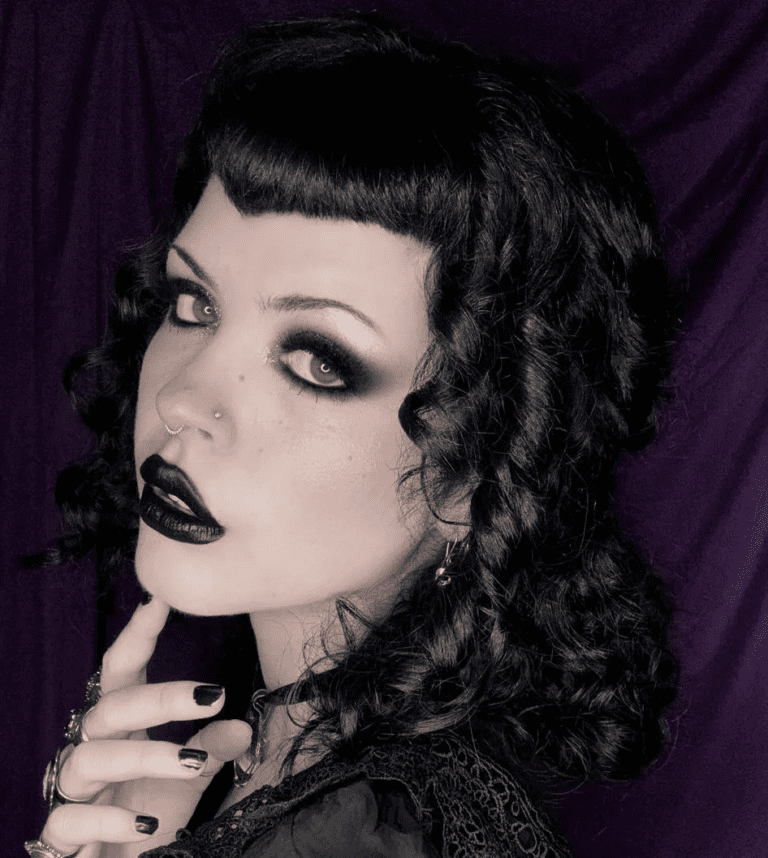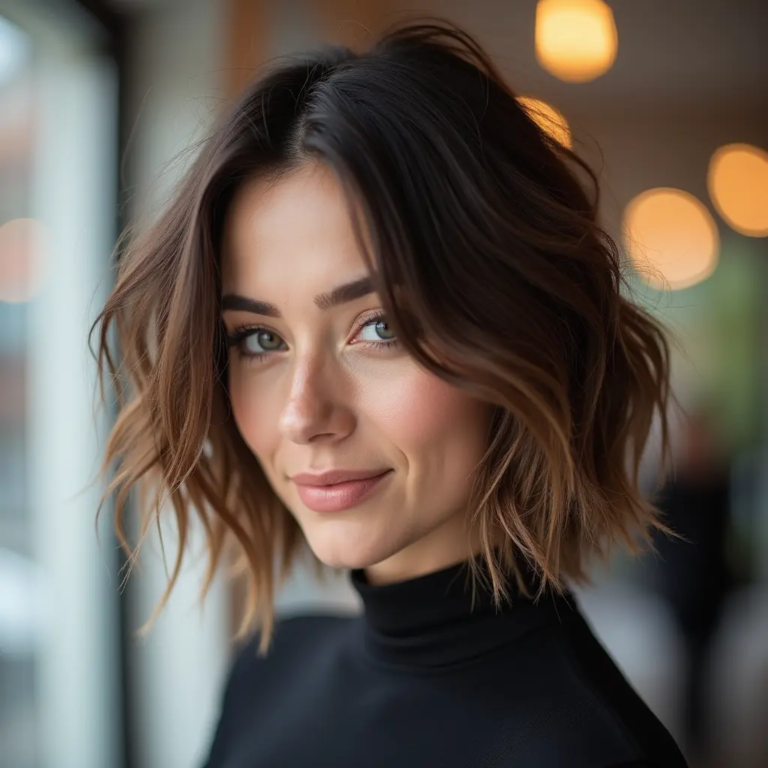Black natural hairstyles have become a symbol of pride, identity, and self-expression for women of African descent around the world. These hairstyles celebrate the beauty and versatility of natural hair textures, embracing curls, coils, and kinks in all their glory.
The History and Cultural Significance
The history of black natural hairstyles is deeply rooted in African culture and heritage. Traditionally, hairstyles were used to signify social status, tribal affiliation, and even spiritual beliefs. From intricate braids to elaborate updos, each style carried its own unique meaning and significance.
Types of Black Natural Hairstyles
Afro
The afro is a timeless hairstyle that has been embraced by generations of black women. It consists of natural hair that is grown out and styled into a rounded shape, celebrating the natural volume and texture of curly hair.
Twist Out
A twist out involves twisting sections of hair to create defined curls or waves. This versatile hairstyle can be worn loose or pinned up for a more formal look, making it a popular choice for many women with natural hair.
Bantu Knots
Bantu knots are a traditional African hairstyle that involves twisting sections of hair into small knots. These knots can be worn as is or unraveled to create a unique curl pattern, offering endless styling possibilities.
Cornrows
Cornrows are a classic braided hairstyle that involves weaving sections of hair close to the scalp. This protective style not only looks stylish but also helps to promote hair growth and minimize breakage.
Benefits of Embracing Natural Hair
Embracing natural hair comes with a multitude of benefits. It allows women to embrace their authentic selves, boosting self-confidence and self-esteem. Natural hairstyles also require less manipulation and heat styling, promoting healthier hair growth in the long run.
Maintenance Tips for Black Natural Hairstyles
Maintaining black natural hairstyles requires a combination of proper washing, conditioning, and moisturizing techniques. Regular deep conditioning treatments and protective styling can help to keep hair hydrated and minimize damage.
Washing and Conditioning
When washing natural hair, it’s important to use sulfate-free shampoos and moisturizing conditioners to prevent dryness and breakage. Deep conditioning treatments should be done weekly to keep hair soft and manageable.
Moisturizing
Moisturizing is key to maintaining healthy natural hair. Using leave-in conditioners, oils, and creams can help to lock in moisture and prevent dryness, keeping curls defined and frizz-free.
Protective Styling
Protective styles such as braids, twists, and buns can help to minimize manipulation and protect hair from environmental damage. These styles also promote hair growth by reducing breakage and split ends.
Styling Products for Black Natural Hair
There are a variety of styling products designed specifically for black natural hair. From curl-enhancing creams to edge control gels, finding the right products can help to enhance and define curls while keeping hair moisturized and protected.
Celebrities Embracing Natural Hairstyles
Many celebrities have embraced their natural hair on the red carpet and beyond, inspiring women around the world to do the same. From Lupita Nyong’o’s iconic afro to Solange Knowles’ bold bantu knots, these women have shattered beauty standards and celebrated their natural beauty.
Overcoming Challenges and Stereotypes
Despite the growing acceptance of natural hair, black women still face challenges and stereotypes in society. From workplace discrimination to cultural stigmatization, many women continue to struggle with embracing their natural hair in a world that often values Eurocentric beauty standards.
Black Natural Hair in the Workplace
The workplace can be a challenging environment for black women with natural hair. Discriminatory dress codes and biased hiring practices can create barriers for women who choose to wear their hair in its natural state, leading to feelings of self-doubt and insecurity.
Empowerment and Self-Expression
Despite these challenges, many black women find empowerment and self-expression through their natural hair. Embracing natural hair allows women to reclaim their identity and challenge societal norms, inspiring others to do the same.
Celebrating Diversity and Individuality
Every woman’s natural hair journey is unique, celebrating the diversity of textures, lengths, and styles within the black community. Whether rocking a fro, twists, or locs, black women continue to push boundaries and redefine beauty on their own terms.
Resources and Communities for Natural Hair Support
There are numerous resources and communities available for black women seeking support and guidance on their natural hair journey. From online forums to local meetups, these spaces provide a sense of belonging and camaraderie for women navigating the ups and downs of natural hair care.
FAQs
- Q: Can anyone wear black natural hairstyles? A: Yes, black natural hairstyles are not limited to any specific race or ethnicity. Anyone with curly or kinky hair textures can embrace their natural hair.
- Q: How often should I wash my natural hair? A: It depends on your hair type and personal preference. Some people wash their hair weekly, while others prefer to wash less frequently to retain moisture.
- Q: Are natural hairstyles professional? A: Absolutely! Natural hairstyles can be just as professional and polished as any other hairstyle. It’s important to challenge stereotypes and advocate for inclusivity in the workplace.
- Q: How can I prevent shrinkage in my natural hair? A: Stretching techniques such as twist outs, braid outs, or banding can help to elongate curls and minimize shrinkage.
- Q: What are some protective styles for natural hair? A: Protective styles such as braids, twists, buns, and wigs can help to minimize manipulation and protect hair from damage.
Conclusion
Black natural hairstyles are more than just a trend; they are a celebration of identity, culture, and resilience. From afros to braids, these hairstyles empower black women to embrace their natural beauty and challenge societal norms. By embracing natural hair, women can reclaim their power and inspire others to do the same.



